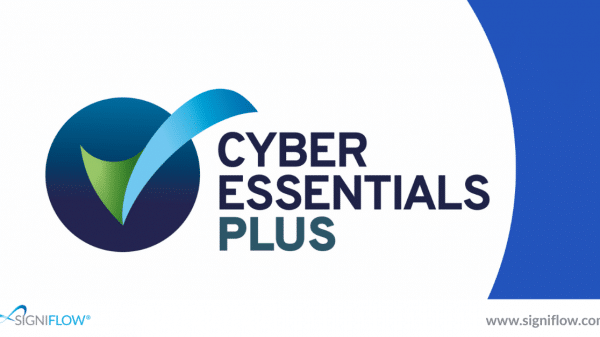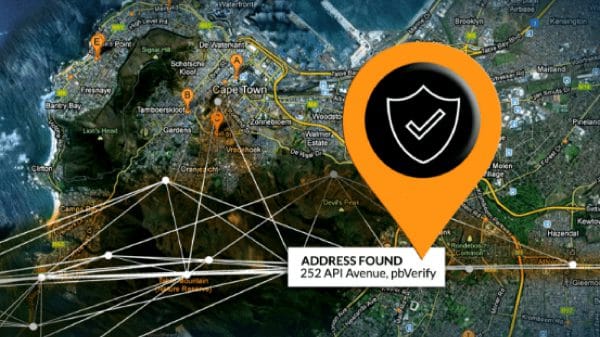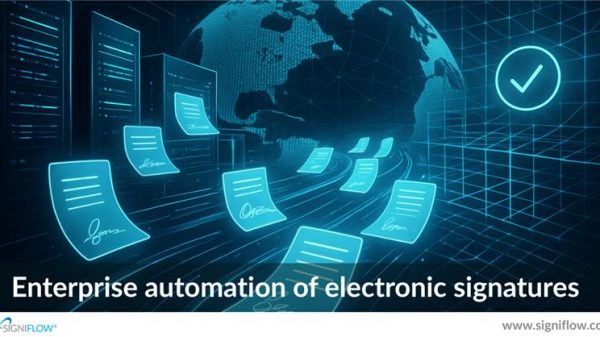In a remote-first world, IT Managers are expected to deliver seamless, secure, and legally compliant solutions across borders. One key question they face is: Are eSignatures legally valid for cross-border contracts? With teams scattered globally, ensuring that digital signing methods meet legal standards in multiple jurisdictions is critical. Many IT leaders are now actively researching whether eSignatures are legally valid in the context of cross-border contracts, especially when regulations differ from region to region.
So, are eSignatures legally valid for cross-border contracts, or are there hidden legal grey areas to watch out for? Understanding the ins and outs of how eSignatures remain legally valid for cross-border contracts is essential for safeguarding business continuity and compliance. This blog will explore exactly that—Are eSignatures legally valid for cross-border contracts, and what must IT Managers know to make the right call?
Understanding the legality of eSignatures
To address whether eSignatures are legally valid, you need to understand the legal frameworks in different jurisdictions. The EU uses eIDAS, the US follows the E-SIGN Act, and countries like South Africa rely on the ECT Act. When your remote team operates across borders, your eSign solution must align with all these frameworks to ensure contracts are recognised as binding. For IT Managers, ensuring compliance with these varying standards is non-negotiable for secure cross-border contracts.
How compliance builds trust in cross-border collaboration
Ensuring eSignatures are legally valid is more than a checkbox—it’s about building trust. When dealing with cross-border contracts, parties need assurance that digital signatures hold up in every jurisdiction involved. A compliant solution will provide region-specific legal support, tamper-evidence, identity verification, and robust audit trails. These features are essential for IT teams supporting international collaboration at scale.
The role of secure platforms in legal validity
Security is inseparable from legality. For eSignatures to remain legally valid, especially across cross-border contracts, your platform must include end-to-end encryption, MFA, and access control. A weak solution might put your organisation at risk—not just from cyber threats, but from unenforceable agreements. IT Managers need to be certain that the platform their remote teams use can securely handle international agreements without fail.
Global integration matters
When managing global teams, your eSignatures platform must integrate with tools already embedded in your business—ERPs, CRMs, and document management systems. This isn’t just about convenience. For cross-border contracts, maintaining full visibility and seamless workflows across time zones and departments is crucial. The right solution ensures eSignatures are legally valid while also simplifying internal processes.
Making the right choice for your global teams
So, are eSignatures legally valid for cross-border contracts? Yes—but only if you choose a solution built for compliance, security, and scalability. For IT Managers overseeing remote teams across multiple regions, the goal is to protect the business while empowering productivity. A trusted eSign solution ensures your contracts are recognised, enforceable, and processed with zero friction—no matter where in the world your teams are working.
Choose a solution built for global teams
If you’re an IT Manager navigating the complex demands of remote collaboration and cross-border contracts, SigniFlow is the answer. Our platform is trusted by enterprises worldwide to deliver eSignatures that are legally valid, secure, and compliant with global regulations like eIDAS, E-SIGN, and the ECT Act.
With enterprise-grade security, seamless integrations, and full control over your signing workflows, SigniFlow is the eSign solution built for remote teams—and the best choice for legally binding, international contracts.
Start your free trial here.































